German Philology German Philology - Recruitment finished
Undergraduate (Bachelor)
German Philology


Why should you choose this program?
Germany is the economic heart of the European Union. Companies from all over the world are constantly seeking employees who speak fluent German. The knowledge and skills in communication and language services are invaluable in every sector of the job market, also for independent entrepreneurs.
Our German philology program not only teaches German at an expert level, but also provides practical abilities and skills necessary for a successful career in language services as a teacher, translator, communication and intercultural integration specialist, editor, or entrepreneur.
We offer two extension modules within our program: Translation Studies and Language Education. Each module will allow you to gain knowledge and practical skills necessary to work in the broad sphere of language services.
What makes our program unique:
- We emphasize teaching practical and directly applicable language skills.
- Our teaching staff has extensive experience and expertise.
- You will study in at an international school together with other ambitious students from all over the world.
- We offer flexible study programs and online studying.
- You will learn fluent German, even if you are starting from scratch.
- You will learn an additional second language of your choice.
- You will become proficient in using modern technologies and solutions in language services.
- You will learn how to work in project-oriented teams and gain entrepreneurial skills.
- You won’t have to write a boring BA thesis; you will develop and implement your own language-oriented or interdisciplinary social project.
German Philology - What can you do after graduation?
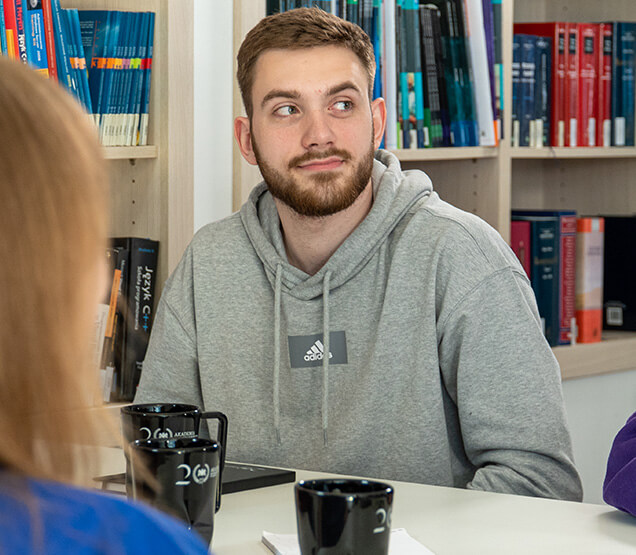
After you graduate, a wide range of career paths will open for you. You will find employment in, among others, translation agencies, publishing houses, government institutions, international companies, and educational institutions. Depending on your choice of module, you can also gain basic knowledge which will enable you to start your own business on the market of language services.
Partners

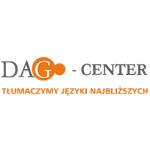
This program
is for you if:

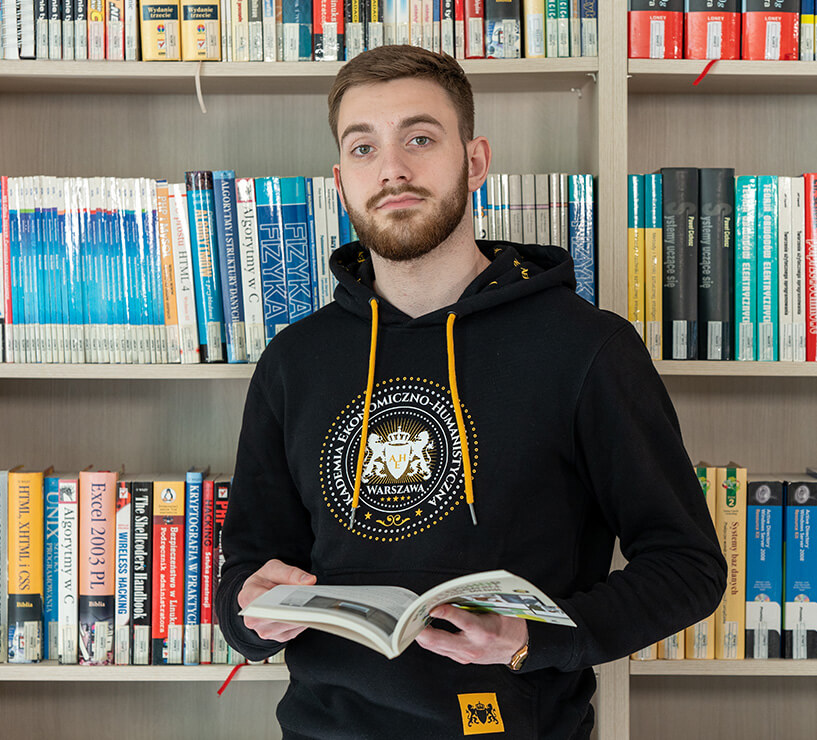

Admission rules and regulations
Note: important information for 2025 candidates
Please read carefully the application procedures in line with the changes introduced by the Polish Ministry of Science and Higher Education in 2025.
Structure of the program
First cycyle studies
(bachelor's degree)
The studies are centered around the major subjects in the field of German philology and two elective extension modules: Translation Studies and Language Education.
First
year of study
During the first two terms, all students in the current academic year will realize the following subjects together.
First semester
| Subject name | Cummulative amount of ECTS points | Cummulative amount of hours (FT/PT) |
|---|---|---|
| Health and Safety | 0 | 8/8 |
| Academic Skills | 1 | 15/8 |
| Anthropology / Introduction to Philosophy (Elective) | 5 | 30/16 |
| Basics of Social Communication / Introduction to Psychology (Elective) | 4 | 30/16 |
| Latin: Practical Learning and Its Contemporary Significance for Philologists | 3 | 30/16 |
| Practical German (Lexicon and Reading) | 3 | 30/16 |
| Practical German (Practical Grammar) | 3 | 30/16 |
| Practical German (Conversation) | 2 | 30/16 |
| Practical German (Writing and Stylistics) | 4 | 30/16 |
| Introduction to Linguistics | 4 | 30/16 |
Second semester
| Subject name | Cummulative amount of ECTS points | Cummulative amount of hours (FT/PT) |
|---|---|---|
| Basics of Intercultural Communication | 5 | 60/32 |
| Sports and Recreation | 0 | 30/0 |
| Practical German (lexis and reading) | 3 | 30/16 |
| Practical German (practical grammar) | 3 | 30/16 |
| Practical German (conversation) | 2 | 30/16 |
| Practical German (writing and stylistics) | 3 | 30/16 |
| Additional Foreign Language I (Elective) | 5 | 60/32 |
| Descriptive Grammar of German | 3 | 30/16 |
| Phonetics of German | 4 | 45/28 |
| Social and Political Issues of Contemporary Germany / History and Culture of Germany (Elective) | 3 | 30/16 |
SECOND
YEAR OF STUDY
During the third term, students continue the major subjects, aimed at mastering German and an additional language. During the fourth term, students choose one of the two extension modules: Translation Studies or Language Education.
Third semester
| Subject name | Cummulative amount of ECTS points | Cummulative amount of hours (FT/PT) |
|---|---|---|
| Sports and recreation | 0 | 30/0 |
| Practical German (lexis and reading) | 3 | 30/16 |
| Practical German (practical grammar) | 3 | 30/16 |
| Practical German (conversation) | 2 | 30/16 |
| Practical German (writing and stylistics) | 3 | 30/16 |
| Phonetics of German | 2 | 30/32 |
| Additional foreign language II (Elective) | 4 | 60/16 |
| Cultural studies | 3 | 60/32 |
| Morphology and syntax of German | 3 | 30/16 |
| Introduction to literary studies | 3 | 30/16 |
| Entrepreneurship / Project management (Elective) | 2 | 30/16 |
| Language acquisition / Psycholinguistics (Elective) | 3 | 30/16 |
Fourth semester
| Subject name | Cummulative amount of ECTS points | Cummulative amount of hours (FT/PT) |
|---|---|---|
| Practical German (lexis and reading) | 3 | 30/16 |
| Practical German (practical grammar) | 3 | 30/16 |
| Practical German (conversation) | 2 | 30/16 |
| Practical German (writing and stylistics) | 3 | 30/16 |
| Additional foreign language III (Elective) | 5 | 60/32 |
| Literature of the German-speaking world I | 4 | 30/16 |
| Philologist's workshop: modern technological solutions and career prospects | 4 | 60/32 |
| Translation studies: Theory and techniques of translation (Elective) / Language education: Educational psychology and foreign language didactics (Elective) | 5 | 60/32 |
Third
year of study
During the third year, students continue the subjects in their extension module. From the fifth term on, students take part in and complete internships and initiate their own social projects, which replace the written BA thesis.
Fifth semester
| Subject name | Cummulative amount of ECTS points | Cummulative amount of hours (FT/PT) |
|---|---|---|
| Practical German (integrated skills) | 3 | 30/16 |
| Additional foreign language IV (Elective) | 4 | 60/32 |
| Intellectual property protection and corporate social responsibility | 2 | 30/16 |
| Literature of the German-speaking world II | 2 | 30/16 |
| Project preparation methodology | 2 | 30/16 |
| Translation studies: Technological tools supporting the work of translators (Elective) / Language education: Legal, organizational and methodological aspects of the activities of language schools (Elective) | 3 | 30/16 |
| Internship I | 14 | 30/16 |
Sixth semester
| Subject name | Cummulative amount of ECTS points | Cummulative amount of hours (FT/PT) |
|---|---|---|
| Internship II | 14 | 360/360 |
| Practical German (integrated skills) | 3 | 30/16 |
| Additional foreign language V (Elective) | 4 | 60/32 |
| Translation: Specialist translations (Elective) / Language education: E-learning and distance learning: modern technologies in language education (Elective) | 3 | 30/16 |
| Social project | 6 | 60/32 |
The content of the study program may change as a result of efforts to improve the quality of education and adapt the teaching offer to the current challenges of the labor market. Each change is approved by the University Senate and introduced with the aim of preparing students for their future careers in the best possible way.
Tuition fees
Fixed tuition - flexible payments
By choosing to study at VIZJA University, you can be sure that the tuition fee will not change throughout the duration of your studies. You can pay the tuition fee once for the entire year of study or spread over a semester payment. This allows you to decide how you want to plan your expenses.
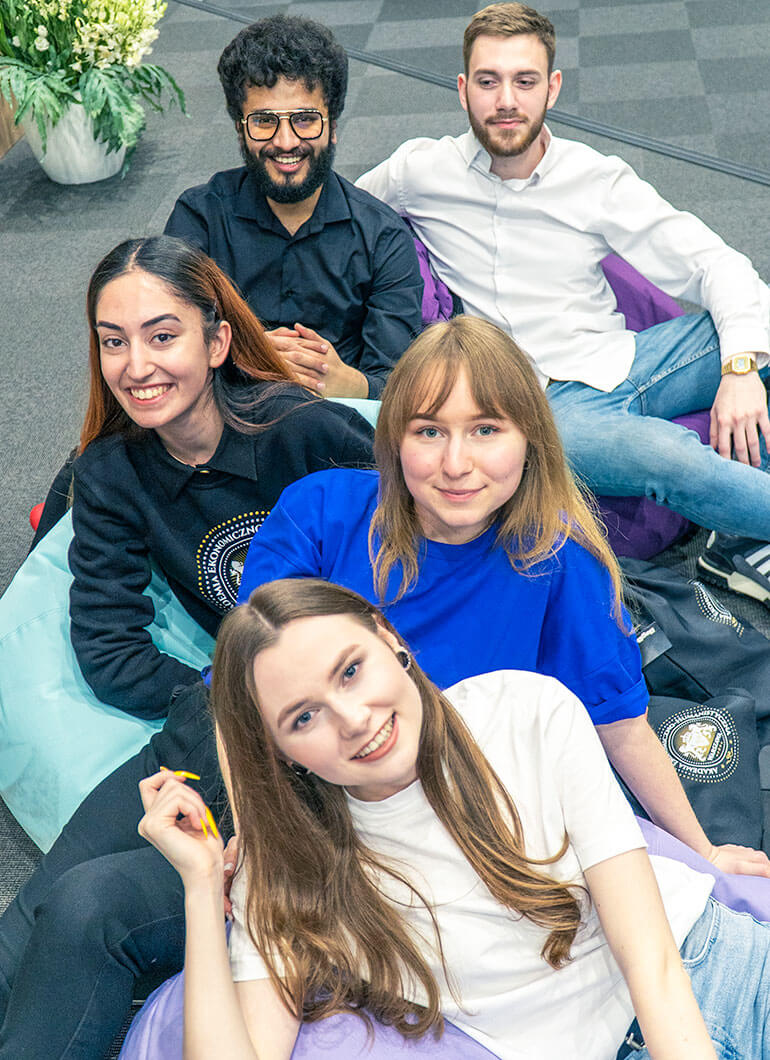
Fees (academic year 2025/2026)
EU&OTHER COUNTRIES GROUP
| Year of study | Annually | Per semester* |
|---|---|---|
| I | 2400 € | 1350 € |
| II | 2400 € | 1350 € |
| III | 2400 € | 1350 € |
*Semester payment is possible from the second year of studies.
OTHER COUNTRIES
| Year of study | Annually | Per semester* |
|---|---|---|
| I | 3400 € | 1850 € |
| II | 3400 € | 1850 € |
| III | 3400 € | 1850 € |
*Semester payment is possible from the second year of studies.
EU and other countries group
This group includes citizens of the countries member states of the European Union and the following countries citizens: Azerbaijan, Belarus, Bosnia and Herzegovina, Montenegro, Georgia, Kazakhstan, Kosovo, Kyrgyzstan, Latin America, Macedonia, Moldova, Norway, Russia, Serbia, Tajikistan, Turkey, Turkmenistan, Ukraine, Uzbekistan.
Other countries
The citizens of all the remaining countries.
Scholarships - easier than you think
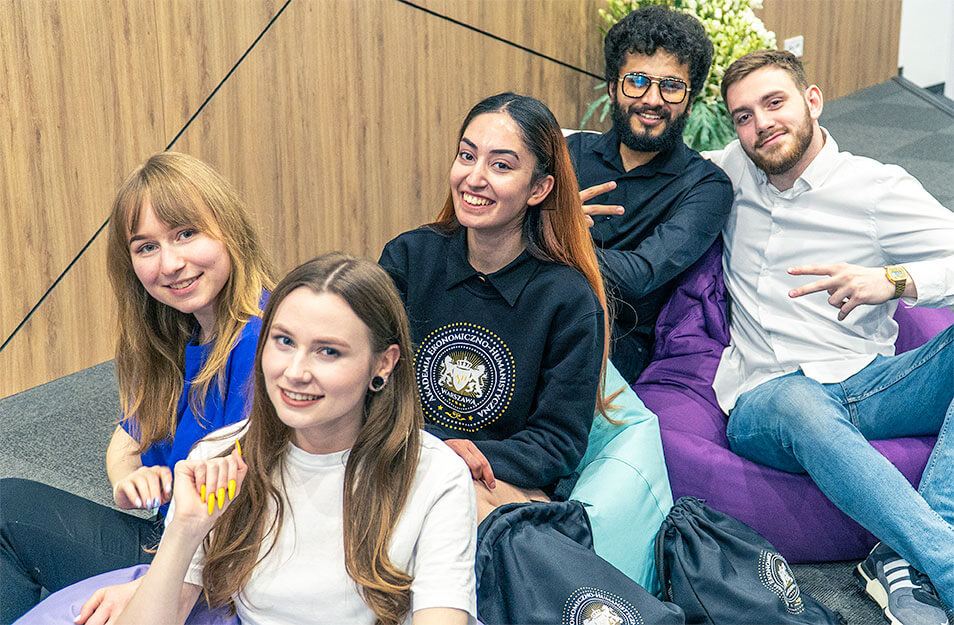
While studying at VIZJA University, you can take advantage of a wide range of financial support from the state budget and European funds, as well as benefit from special discounts with VIZJA University discount program
You can submit most scholarship applications quickly and easily through your online account.
In the academic year 2023/2024, VIZJA University awarded 800 Rector’s Scholarships, ranging from PLN 400 /month to PLN 1000 /month, depending on the average or achievements. For outstanding sport, artistic or scientific achievements, the Scholarship Committee awarded scholarships of PLN 600 /month.
Detailed information on the possibility of applying for the Rector’s Scholarship is available in the dean’s system.
A sports scholarship may be awarded to a student who excels in sport achievements at least national level. In addition we also encourage our students to take part in additional support programs- eg. the National Academic Representation.
Young sportsmen can count on financial support in the amount of PLN 600 /month.
Detailed information on the possibility of applying for sports scholarship is available in the dean’s system.
A scholarship for people with disabilities may be awarded to a student who has a disability certificate, a disability degree certificate, a ZUS certifying physician’s certificate, a disability group certificate or a certificate of permanent or long-term incapacity to work on a farm.
In the 2023/2024 academic year, depending on the degree of disability, 350 scholarships for people with disabilities were awarded, ranging from PLN 1700 /month to PLN 1900 /month.
Detailed information on the possibility of applying for a scholarship for people with disabilities is available in the dean’s system.
The allowance is a form of emergency financial assistance. Any student who found himself temporarily in a difficult life situation resulting from random events beyond the student’s control can apply for it.The allowance may be granted twice in one academic year, and the allowance is not granted twice for the same random event.
In 2024, we granted 51 allowances for a total of PLN 255 000. The allowances, depending on the student’s situation, were paid in the amount of PLN 2,000 to PLN 5,000 at a time.
Detailed information on the possibility of applying for the allowance is available in the dean’s system.
2023/2024 academic year
800 Rector’s Scholarships
51 allowances
350 scholarships for people with disabilities
12 500 000 PLN was spent in 2023/2024 on scholarships
PLN 1,890,289.35 was spent in 2019/2020 on scholarships
PLN 2,911,662.50 was spent in 2020/2021 on scholarships
PLN 4,158,177.00 was spent in 2021/2022 on scholarships
PLN 7,829,950.00 was spent in 2022/2023 on scholarships
Rector’s Scholarship – highest average: 5,44



